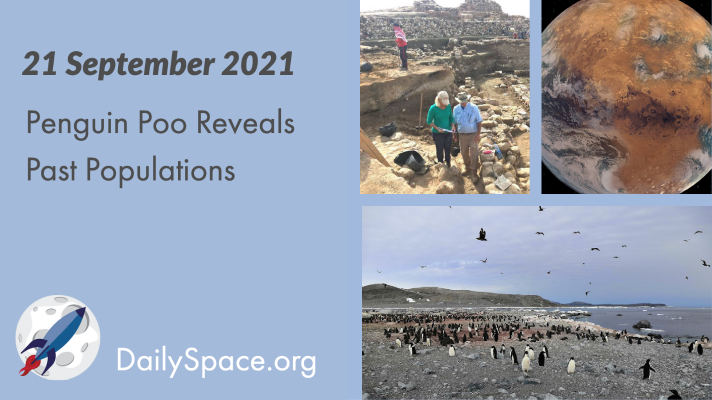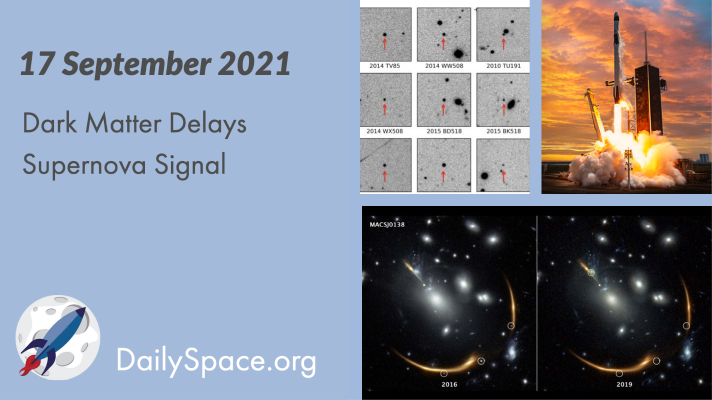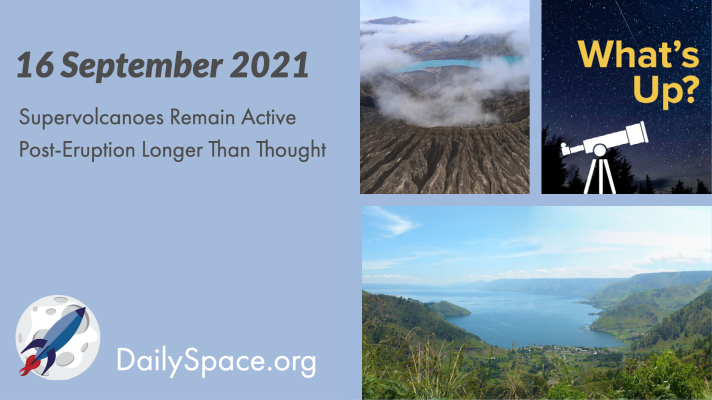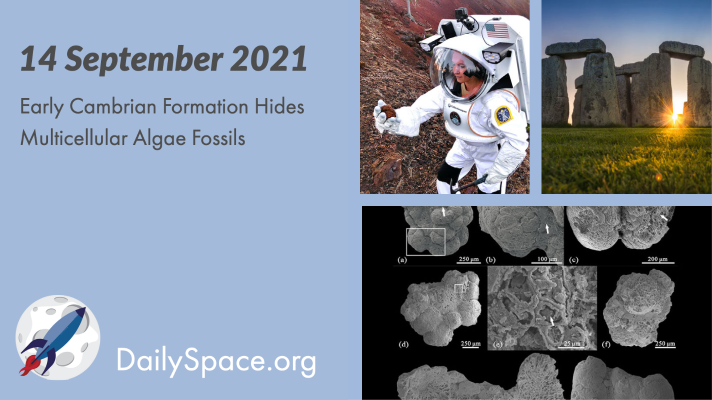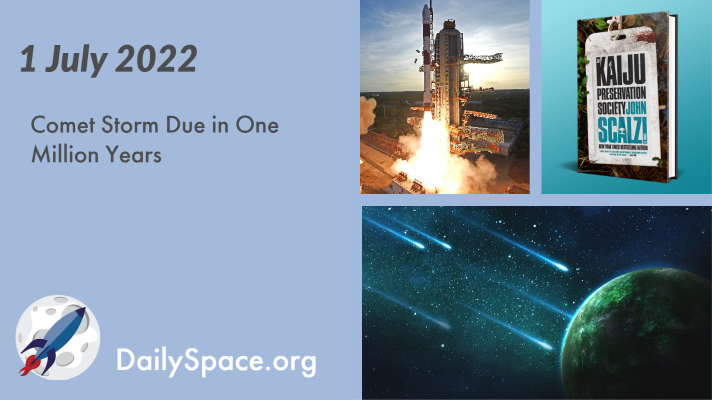
Comet Storm Due in One Million Years
A star cataloged as Gliese 781 is approaching our solar system and in slightly more than a million years from now, will reach the Oort Cloud, likely disrupting the orbits of icy bodies that could head toward Earth. Plus, an Indian launch, Asteroid Day, understanding our ice giants, and a review of Kaiju Preservation Society by John Scalzi.
Catch us on NowMedia TV
Saturday 11pm Central / midnight Eastern
Sunday 10pm Central / 11pm Eastern
Watch live on these stations: Houston 21.10, Atlanta 22.10
or tune-in on Apple TV, Roku, YouTube Live, or Amazon Prime
Rocket Roundup for September 22nd, 2021
This week’s Rocket Roundup includes Inspiration4, the first all-private citizen orbital spaceflight. Plus, a Chinese crew returns to Earth, and China sends up a resupply spacecraft to prepare for their next crewed expedition. And this week in rocket history looks back at the Surveyor 2 mission.
Penguin Poo Reveals Past Populations
A study of the feces of Adélie penguins from Inexpressible Island on the Ross Sea of the Antarctic sheds new light on how the avian population may survive during climate change. Plus, the possibility for life on Mars and understanding destructive meteors.
Dark Matter Delays Supernova Signal
A supernova first observed in 2016 will be replayed in a few years because of the light’s journey through a galaxy cluster and how dark matter gravitationally warps space-time. Plus, inactive centaurs, a Scottish ice wall, and a review of “Countdown: Inspiration4 Mission to Space”.
Supervolcanoes Remain Active Post-Eruption Longer Than Thought
Research into the Toba caldera and its super-eruption 75,000 years ago shows that magma continued to flow out of the volcano for thousands of years after the main eruption event. Plus, magma and volcanoes throughout our solar system as well as our weekly What’s Up segment.
Rocket Roundup for September 15, 2021
The Rocket Roundup this week features two Chinese launches, including one we couldn’t cover last week, a Russian military satellite launch, and some more Starlink and OneWeb internet satellites. Plus, this week in rocket history, we discuss a groundbreaking mission that sent humans farther from Earth than ever before: Gemini 11.
Early Cambrian Formation Hides Multicellular Algae Fossils
The discovery of multicellular algae specimens in an early Cambrian formation in China provides evidence of the change from cyanobacteria to more complex organisms with external membranes and cell walls. Plus, a new spacesuit is tested in Oregon, and we look at the real secrets of Stonehenge.


 We record most shows live, on Twitch. Follow us today to get alerts when we go live.
We record most shows live, on Twitch. Follow us today to get alerts when we go live.


